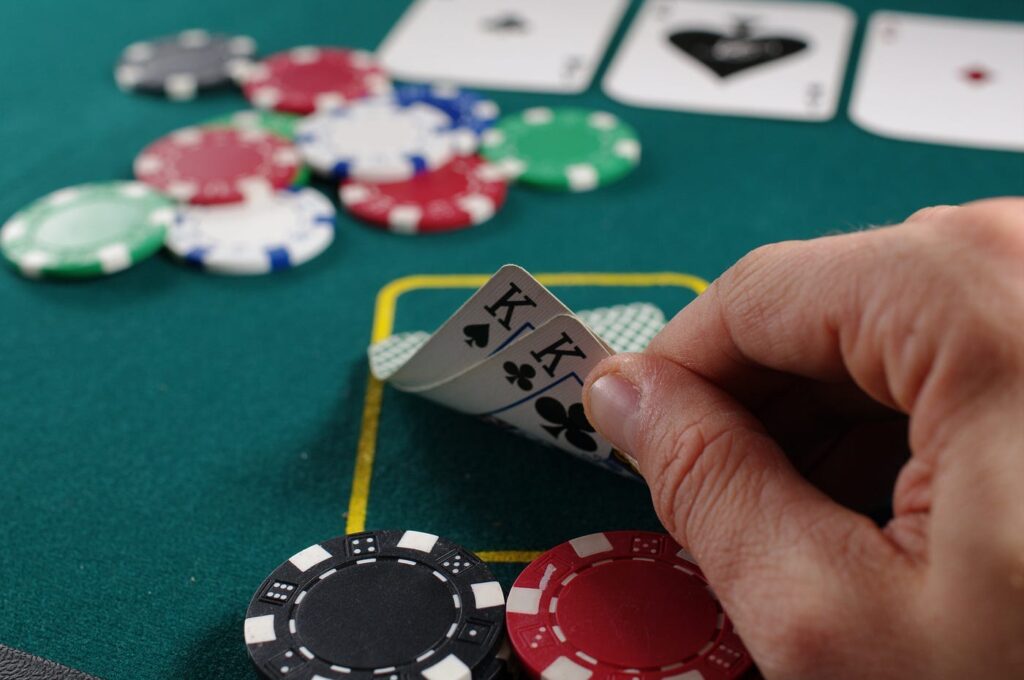
In the fascinating world of online casinos, games like poker and blackjack are not just about luck and skill. There’s a whole economic system at play, designed to ensure that casinos always have an edge. Understanding this system is crucial, not just for players, but for anyone interested in the business of online gaming.
Table of Contents
The House Edge
The concept of the ‘house edge’ is central to casino economics. It’s essentially the mathematical advantage that the casino has over the players. In simple terms, it’s the percentage of the player’s bet that the casino expects to keep as profit over the long term.
For instance, in a game like roulette, the house edge is about 5%. This means for every dollar bet, the casino keeps 5 cents as profit, on average. The house edge varies across different games, with games like blackjack offering a lower edge, making them more favorable to skilled players.
Game Variants and Payout Structures

Source: interestingengineering.com
Casinos offer a variety of poker and blackjack variants, each with its own rules and payout structures. These variations are not just to provide diversity but also to adjust the profitability of each game. For example, the popular platform Jet77 offers several poker variants, each with different odds and payout rates. This variety allows casinos to cater to different player needs.
Random Number Generators (RNGs)
In online casinos, Random Number Generators (RNGs) are the heart of ensuring fairness and unpredictability.
These sophisticated algorithms generate random outcomes for each game, making sure that no game is biased towards the house or the players. This randomness is crucial for maintaining the integrity of online casino games.
Bonuses and Promotions
Casinos use bonuses and promotions to attract and retain players. These can range from welcome bonuses to loyalty programs. While they are a cost to the casino, they are an investment in customer loyalty and long-term profitability.
Players get more chances to play and win, while casinos benefit from increased player engagement and retention.
Player Strategies and Skill Level

Source: medium.com
In the intricate balance of online casino economics, the impact of player skill and strategies is pivotal, especially in games like poker. Skilled players, familiar with the game’s intricacies, can significantly reduce the house edge, influencing casino profits.
This is why platforms offer a variety of games, catering to both novice and experienced players. Novices may gravitate towards games with simpler rules and lower stakes, while veterans might seek high-stakes or strategically complex variants.
This diversity ensures casinos maintain profitability across different player segments, balancing the scales between skill levels and game types.
Responsible Gambling and Regulation
Responsible gambling is a critical aspect of the online casino industry. Casinos need to ensure that players have a safe and controlled environment to gamble. Additionally, the regulatory framework within which these casinos operate significantly impacts their economics.
Regulations ensure fairness and transparency, which in turn affects how casinos structure their games and manage their finances.
Conclusion

Source: worldfinancialreview.com
In conclusion, the economics of online casinos is a complex interplay of house edge, game variants, RNGs, bonuses, and regulations. Understanding these elements is key to appreciating how casinos operate and remain profitable.
As the industry evolves, so too will the economic strategies employed by online casinos to ensure they always come out on top.







